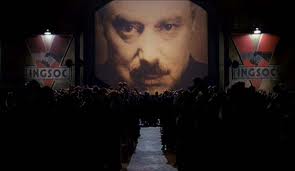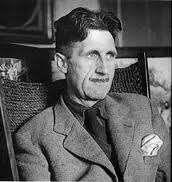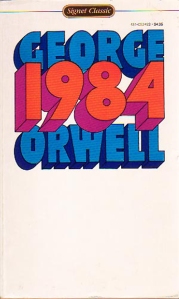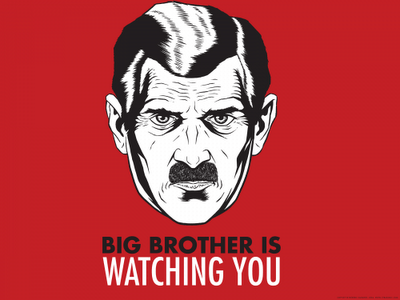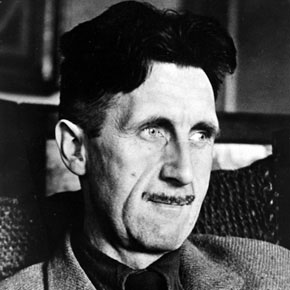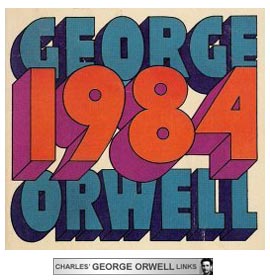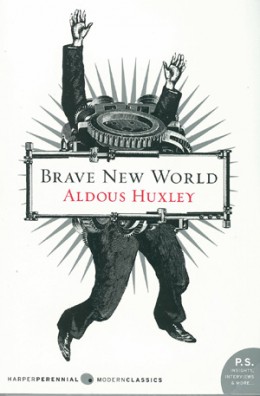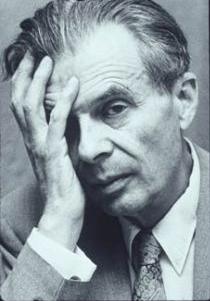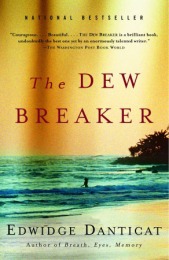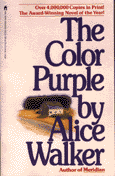In the two weeks before the opening of school I have the students who will be entering my class read George Orwell’s 1984. It is the perfect prequel to the first two books we read in class, Brave New World and A Handmaid’s Tale. (We start out with a big dose of dystopia.)
Well, one of my more ambitious students has already done all his summer reading and e-mailed me about 1984. Orwell was pretty clever, he wrote, but he doesn’t think that that kind of thing could really ever happen.
Boy, did he pick the wrong summer to make that statement.
The other day, I saw the trailer for a film, Closed Circuit (see bottom of post). It is a terrorist-mole-investigative reporting-shady government department type of thing. And it looked very good. But, as I was telling a friend, one of the major players in the film is the network of 1.85 million close circuit cameras mounted throughout Britain. (http://www.theguardian.com/uk/2011/mar/02/cctv-cameras-watching-surveillance). That is roughly one camera for every 32 people. Of course, that ratio is a lot smaller in urban areas than in rural.
George Orwell saw it coming.
And then of course, the major news story of the summer was the Snowden leaks. (As Yossarian said in Catch-22, “Where are the Snowdens of yesteryear?”) For many, the actions of Snowden, his search for asylum, the international posturing and subsequent tensions have been the most riveting part of the story. What seems to have trouble staying in the foreground, however, is the fact that the U.S.government has been spying on its citizens, collecting data from their e-mails, their texts, their cell-phones, and their search engines. The citizens have been assured that the NSA is not going to use this data, but is simply archiving it. “For what?” is a sensible question.
George Orwell would have certainly asked it.
And the technology just gets better and better. Even the most naive teenager knows that his computer searches and activity are catalogued and sold to marketers. So it is not surprising that if the day after you search on-line for an umbrella for your father, you see umbrella advertisements popping up on your screen. (And depending who you are, where you are, and how often you searched, the price for the same umbrella will fluctuate.)
Well now this same marketing scheme has been adapted by the brick and mortar stores through face-recognition technology. Higher-end stores are testing facial-recognition technology which will alert store clerks immediately when someone (usually a celebrity) walks into the store and what his or her buying preferences are. At the moment the focus is on celebrities because their photos are already available in their databanks.
But it won’t be long. Walk into your favorite department store, spend some time in the men’s shoe department, and you might find an advert for men’s shoes pop up the next time you click on your device. They already know what you think you want.
Google has the technology for you to snap a photo of someone on the street, upload it, and learn everything you want about them. They have refrained from releasing it so far, mainly due to the legal tangle that Facebook is finding itself in. Facebook’s ‘”tagging” photos capabilities is a subtle way to create an enormous facial-recognition database. And that database is available not only to you and your friends.
As Facebook founder Mark Zuckerberg once famously claimed, privacy is no longer a “social norm.”
George Orwell would find it all familiar.
If things go right, the first few days in school should have a lot of interesting discussions.
I hope so.
Here’s the trailer to Close Circuit. It looks like it could be good.
